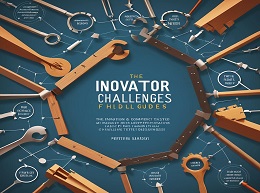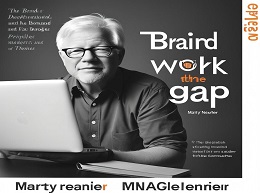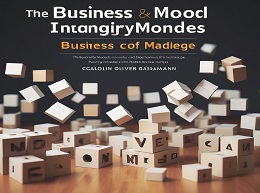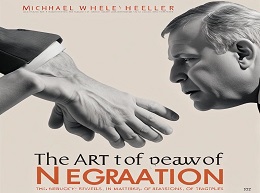Influence: The Psychology of Persuasion

"Influence: The Psychology of Persuasion" by Robert Cialdini is a seminal work that explores the principles behind why people say "yes" and how to apply these principles ethically in various contexts. Cialdini draws upon decades of research in psychology to uncover the psychological triggers that influence human behavior. In this comprehensive review, we'll delve into the key concepts of "Influence," provide real-world examples, and reveal strategies for mastering the art of persuasion.
Reciprocity: The Power of Giving:
Cialdini introduces the principle of reciprocity the innate human tendency to feel obligated to repay others when they receive a gift or favor. By understanding the principle of reciprocity, individuals can leverage the power of giving to influence others' behavior.
Example:
Consider the story of Tupperware parties, a classic example of reciprocity in action. Tupperware hosts provide attendees with free samples and demonstrations of Tupperware products. As a result, attendees feel indebted to the host and are more likely to purchase Tupperware products to reciprocate the favor.
Commitment and Consistency:
Cialdini explores the principle of commitment and consistency the human tendency to align our actions with our stated commitments and values. By getting individuals to make small commitments, persuaders can increase the likelihood of them making larger commitments in the future.
Example:
Take the example of the foot-in-the-door technique, where persuaders start by asking for a small commitment before making a larger request. For instance, a charity may ask individuals to sign a petition supporting a cause before soliciting donations. Once individuals have committed to the cause, they are more likely to donate to support it.
Social Proof: The Power of Social Influence:
Cialdini discusses the principle of social proof the tendency to look to others' actions and behaviors for guidance on how to behave in a given situation. By showcasing evidence of others' similar behaviors, persuaders can influence individuals to take desired actions.
Example:
Consider the story of TripAdvisor, a popular travel website. TripAdvisor leverages social proof by displaying user reviews and ratings for hotels, restaurants, and attractions. By highlighting positive reviews and ratings from other travelers, TripAdvisor influences users' booking decisions and shapes their perceptions of destinations.
Liking: Building Rapport and Connection:
Cialdini explores the principle of liking the tendency to be influenced by people we know, like, and trust. By building rapport, establishing common ground, and finding areas of similarity with others, persuaders can increase their likability and influence.
Example:
Take the example of the "Ben Franklin Effect," where asking someone for a favor can increase their liking for you. Benjamin Franklin famously used this technique to win over a political opponent by asking to borrow a rare book from his library. By granting the favor, Franklin's opponent became more favorably disposed toward him.
Authority: Leveraging Expertise and Status:
Cialdini discusses the principle of authority the tendency to defer to individuals who are perceived as experts or authorities in a given domain. By establishing credibility, expertise, and status, persuaders can increase their influence over others.
Example:
Consider the story of Stanley Milgram's obedience experiments, where participants were instructed by an authority figure to administer electric shocks to another person. Despite ethical concerns and discomfort, many participants complied with the authority figure's commands, demonstrating the power of authority to influence behavior.
In conclusion, "Influence: The Psychology of Persuasion" is a captivating exploration of the psychological principles that drive human behavior. By understanding and applying the principles of reciprocity, commitment and consistency, social proof, liking, and authority, individuals can master the art of persuasion and ethically influence others' behavior. As readers apply the insights from "Influence" to their personal and professional lives, they can enhance their communication skills, build stronger relationships, and achieve greater success.













